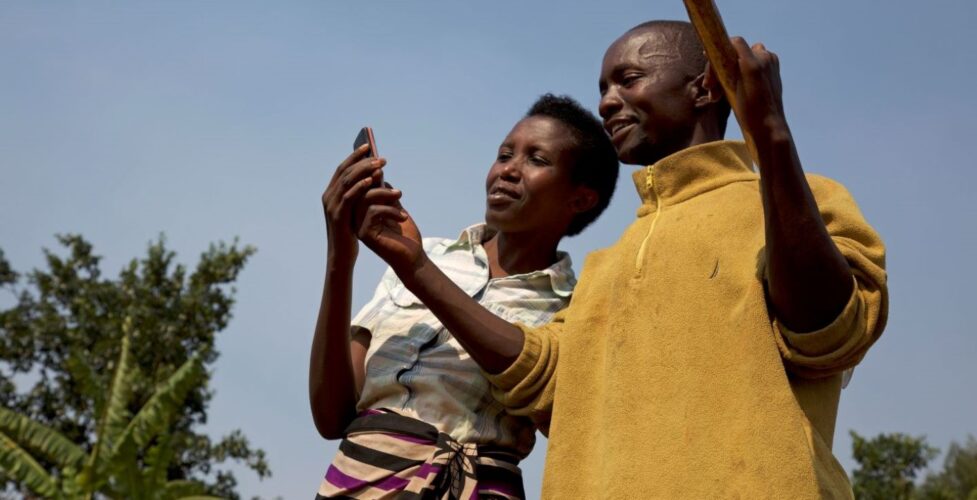Climate change is making extreme weather events more intense and frequent. Warning systems that are accurate, easy to use and provide the right climate information help limit loss of life and livelihoods.
With advance warning, small-scale farmers get precious time to store produce and animals safely and to prepare for disaster. Even when some damage is unavoidable, it can make it easier to recover.
Yet only half of the least-developed countries and 39 per cent of small island developing states have multi-hazard early warning systems. Ironically, these systems are needed most at the frontlines of climate change.
A recipe for success
IFAD is changing this by providing rural people with timely and accurate climate information – and empowering them to weather the coming storm.
Over the years, we have learned that:
- Effective climate information systems depend on stakeholders – scientists, policymakers, and rural extension workers. Everyone must share data and develop understandable advisories tailored to rural people.
- Farmers and communities, including women and youth, must be involved in designing and producing climate information systems that work for them.
- Training is essential to produce, understand, convey and use data effectively.
Success stories from around the world show how we are using these learnings, so that farmers and herders can benefit from early warning systems.
Climate-smart agriculture in Rwanda
For several years, Grace Mukamana struggled to grow maize, beans and coffee in eastern Rwanda as increasingly erratic weather devastated her harvests.
So when the IFAD-supported PASP project introduced climate services to her village, she jumped at the chance to participate.
Grace was trained to interpret historic weather trends and combine scientific knowledge with her own experience to choose the right seeds, prepare for storage and processing needs, and invest in crop insurance. She receives regular weather updates via SMS so she can make the right decisions for her farm.
Since joining the programme, Grace has seen her life transformed. Her farming yields have doubled, allowing her to feed her family and send her children to school.
Early warnings – and the knowledge and ability to act on them – can make the difference between devastated livelihoods and resilience. With IFAD’s support, rural people around the world are gaining the tools and knowledge they need to weather the storm.
Read the full article on the IFAD web page

